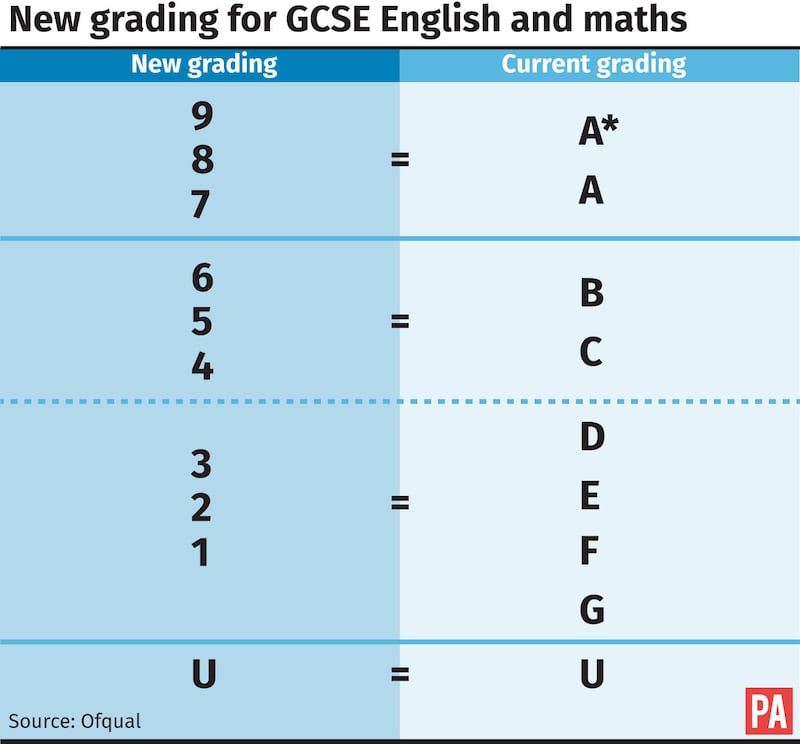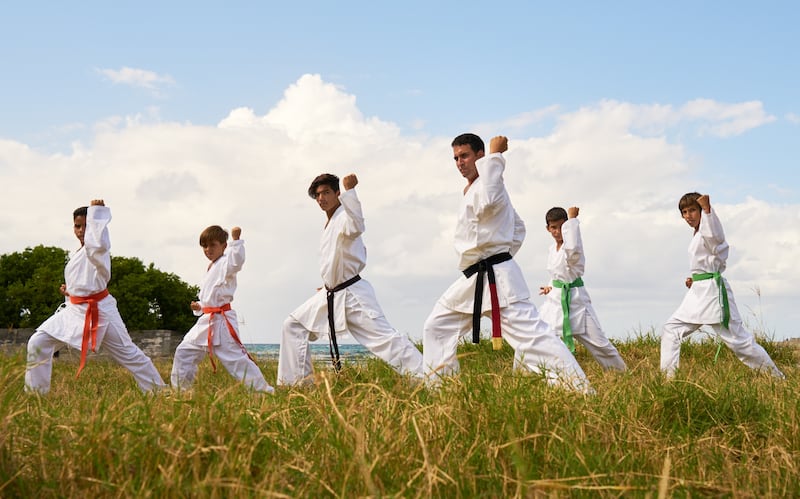Exams aren’t like they were in your day.
Unless you took GCSEs this summer, that statement is actually true. Reforms to the grading system mean the traditional A*-G grades have been axed in English and maths, and will be replaced by the 9-1 grades – with 9 the highest result.

The new system will be brought in for all subjects in future years, but in the meantime why aren’t we asking – what if there was a better, more creative way than just a plain old number?
Here’s some possibilities to ponder.
1. Emoji grades

What could be more apt for the digital age and more understandable to young people than emojis? As much as this might sound like something someone who believes in the term “millennial” would suggest, there’s actually some sense to it.
Here’s how the old grading system might be replaced.
A*

A

B

C

D

E

F

G

U

Grades which even someone who doesn’t understand the Latin alphabet could understand.
Then again, if you don’t know that you might not quite be cut out for a host of exams – in the UK at least…
2. Harry Potter grading

Okay, forget GCSEs, we’d all rather be taking OWLs and NEWTs anyway.
The exams invented in JK Rowling’s Wizarding World see students taking Hogwarts exams graded from A through to T – in order of best to worst marks, here’s how it works.
O – Outstanding
E – Exceeds Expectations
A – Acceptable
P – Poor
D – Dreadful
T – Troll
It’s probably best to avoid getting Troll…
3. Army ranks

Imagine being a sergeant of English or a corporal of maths.
This idea would separate the men from the boys, plus you wouldn’t feel gutted at not doing well if you still got a nifty title along with your failure – private of French and proud.
The UK also has two rank pathways. One is for officers, ranking from officer cadet to general, and the other for soldiers, ranking from private to regimental sergeant major.
By using these two tiers of ranking you could actually reform the grading for both GCSEs and A-levels – with different names for different tiers of qualification.
Throw in some honorary medals for merit and you’re away.
4. Karate belts

If only you had something physical to show for your grades. Well in Far Eastern martial arts, you do.
Known as an Obi in Japan, belts varying in colour are given to people with varying mastery of fighting styles such as judo and karate.
Instead of receiving grades, students could be given belts ranging from white, representing the lowest grade, to black, the highest.
It might make things tough for those wanting to keep their grades quiet though…
5. Tennis rankings

In tennis, the ATP and WTA rank the men’s and women’s players in order from world number one way down to the minnows of the circuit.
How about instead of giving grades, students are just given a ranking amongst all their peers who took the exam – or better still by pulling together the scores they got in all their exams to work out their place in the country?
There’s nothing better than a bit of healthy competition, right?
Throw a trophy in there for the winners and you’ve got yourself a mighty fine system…
Maybe.















